The unification of the strongest European economies into an alliance first took place in the 50s of the last century.
Since then, it has been repeatedly reformed and has welcomed new members. Today the European Union is made up of states whose opportunities and attractiveness differ significantly from each other. The main criteria that determine the degree of well-being of the inhabitants of a region include the happiness index, quality of life and the market value of housing. This blog presents a number of EU countries where real estate is affordable.
Belgium
The average cost of 1 m2 of living space: in the center of the capital - 3.8 thousand euros, in other areas - 3.4 thousand euros. The average cost of renting an apartment (1 bedroom) per month: in the center of the capital - 1 thousand euros, in other areas - 860 euros.
The Kingdom of Belgium is among the most stable countries in the world and is located in the center of Western Europe. The country has one of the highest standards of living in the European Union and the corresponding tax rates: depending on income Belgians give the state from 20 to 40%. Brussels is known, first of all, as a diplomatic and military-political center of the Euro-Atlantic space.
Belgium is one of the most urbanized countries - 97% of the population lives in cities. They are characterized by a "fairy-tale" architectural style: well-preserved low, colorful buildings in the style of Flemish Baroque and Gothic. At the same time in the capital you can find modern high-rise complexes of glass and concrete. Locals prefer a measured lifestyle and do not deny themselves in pleasures. Delicious food, fun and exciting travel - all this is about the Belgians. About a quarter of the population is made up of immigrants, not least because of effective social support from the state. Local universities are popular with international students due to the high quality of education, a wide range of study programs, the opportunity to receive scholarships and grants and low tuition fees.
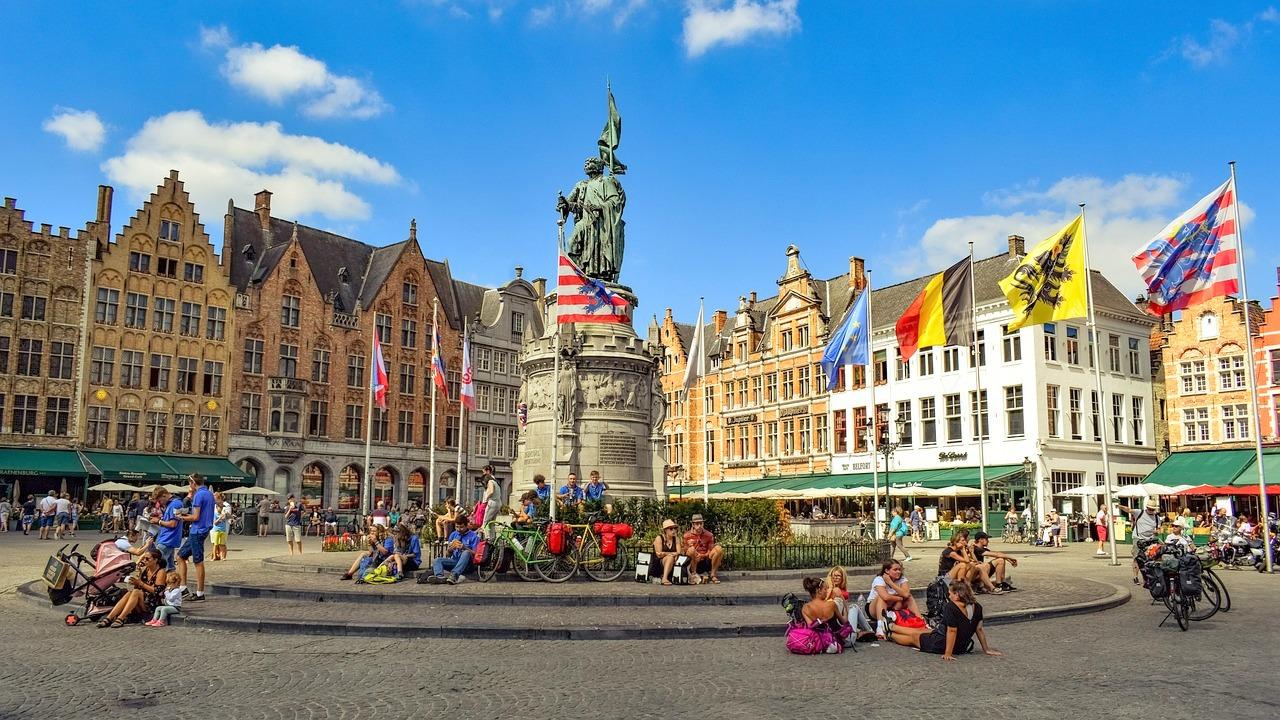
The most developed sectors of the state economy are petrochemicals, agriculture, development and implementation of high technologies. Chocolate in a wide assortment and more than a thousand varieties of local beer are considered to be the trademark products of the country since centuries. Besides, Belgium is the leader in export of billiard balls, and Antwerp is the world center of precious stones realization. The country has a well-developed road network, which is very intensively illuminated at night. Thus, looking at Europe from space, Belgium can be called the brightest country of the continent.
Advantages:
- high level of culture and responsiveness of locals
- tasty natural foodstuffs
- quality insurance medicine
- diverse cultural life
- Opportunity to learn several foreign languages (French, German, Dutch)
- law-abiding population, absence of corruption
Disadvantages:
- expensive utilities
- cool climate, changeable weather
- excessive bureaucracy
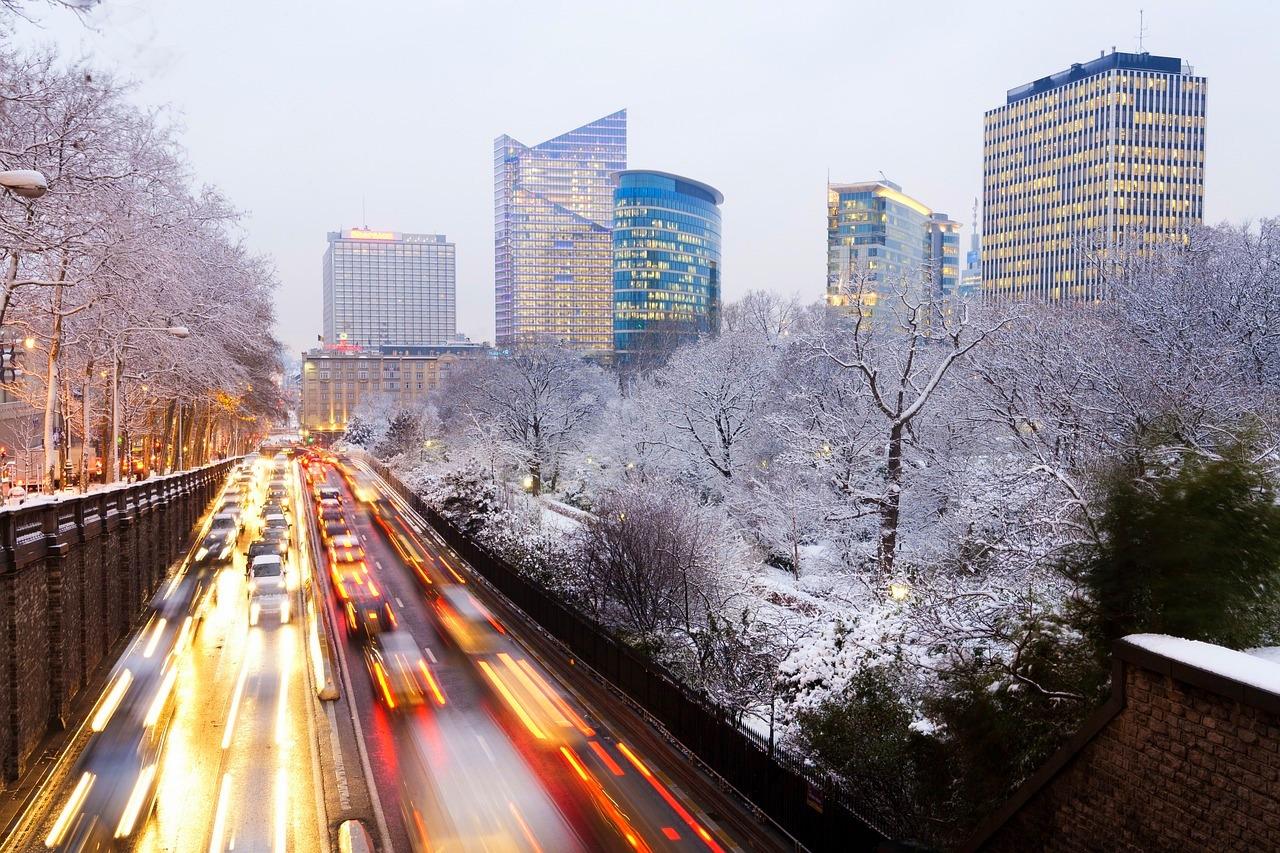
Hungary
Average cost of 1 m2 of living space: in the center of the capital - 3.7 thousand euros, in other areas - 2.5 thousand euros. The average cost of renting an apartment (1 bedroom) per month: in the center of the capital - 600 euros, in other areas - 470 euros.
Hungary is a state with a high level of industrial development, located in Eastern Europe. Priority sectors of the economy include: renewable energy, pharmaceuticals, agriculture, food production and mechanical engineering. After joining the European Union, instead of Ikarus buses familiar to the older generation, the country started producing premium European brands of cars. By EU standards, Hungary has an average income level and one of the lowest cost of living. Several world-famous inventions were born here, namely: ballpoint pen, holography and Rubik's cube. By the way, the country has the highest number of Nobel laureates per number of inhabitants.
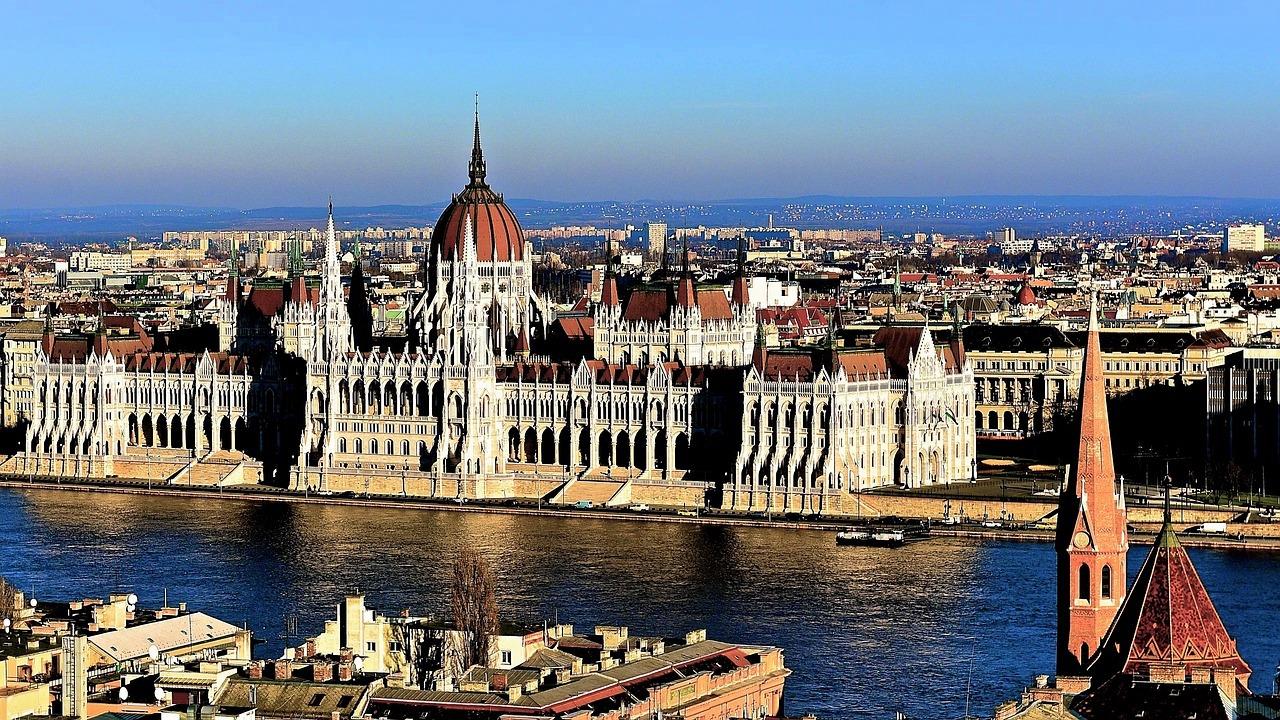
Budapest - one of the most beautiful capitals, in any season attracts tourists from all over the world. Numerous architectural monuments, Danube river scenery and thermal baths have turned tourism into a stable and significant source of replenishment of the state budget. Locals are rightly proud of the national cuisine and Lake Balaton, which is considered a shallow inland sea. Hungarians, like no other nation, have an adoration for children, which can be observed in public places. Communication with the native population can be difficult, as not everyone speaks English. Despite the intensive process of globalization Hungary has preserved its colorful national culture and centuries-old traditions.
Advantages:
- convenient geographical location, developed transportation system
- high level of security
- inexpensive and high-quality products
- plenty of places for entertainment and leisure
- comfortable climate, beautiful nature
Disadvantages:
- unfamiliar and difficult to learn Hungarian language
- high unemployment rate for the European Union
- high commission fee for banking operations
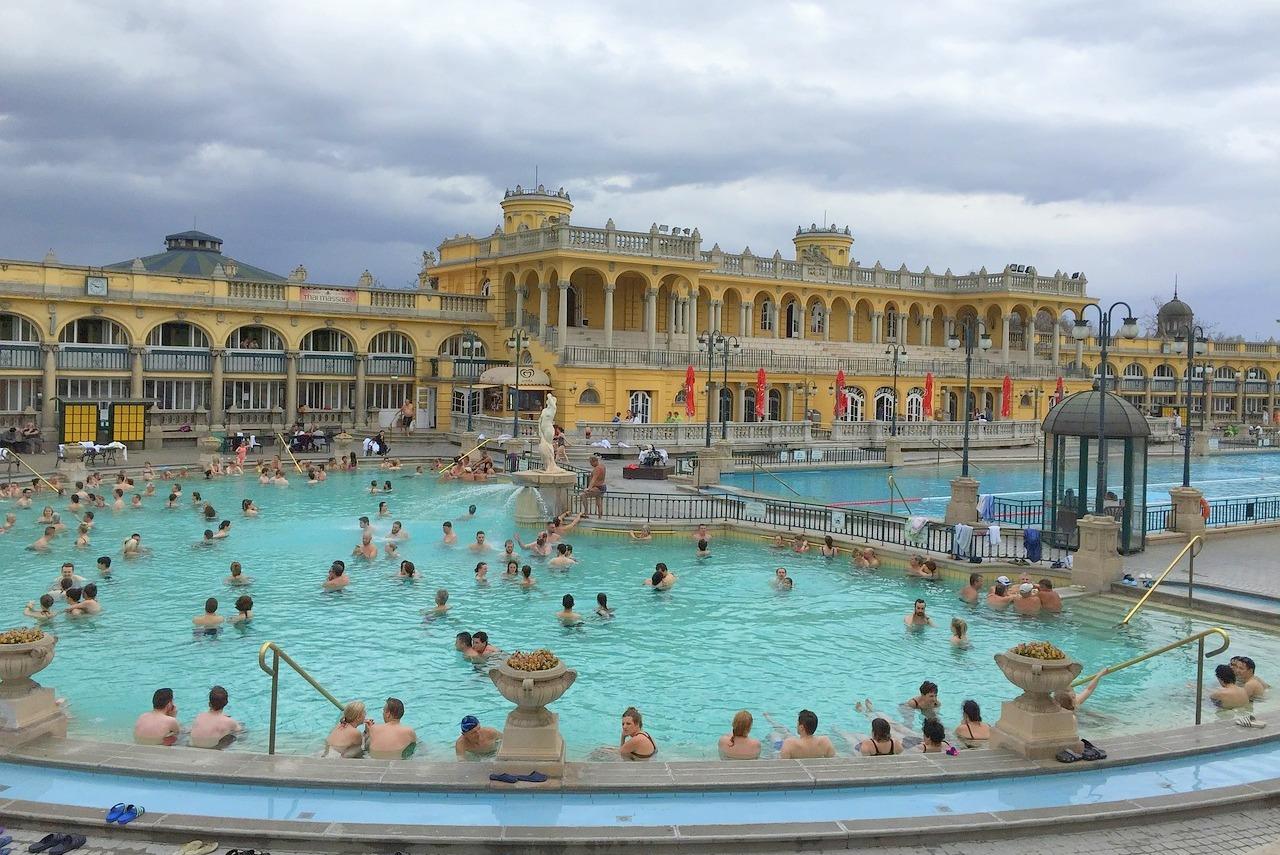
Cyprus
Average cost of 1 m2 of living space: in the center of the capital - 2.5 thousand euros, in other areas - 2 thousand euros. The average cost of renting an apartment (1 bedroom) per month: in the center of the capital - 650 euros, in other areas - 550 euros.
The sunny island is located in the eastern part of the Mediterranean Sea at the crossroads of regional trade routes. The business environment in Cyprus is in harmony with the world-class tourism industry. It is one of the few EU countries that managed to minimize the effects of the global economic downturn, while maintaining investment attractiveness. State preferences and a business-friendly tax policy attract leading IT companies and talented freelancers to the island. The engine of the Cypriot economy is the construction industry, which has gained a good momentum since the end of the pandemic. Investors are offered a wide range of objects in different price categories, and the purchase of real estate is one of the ways to acquire official status.
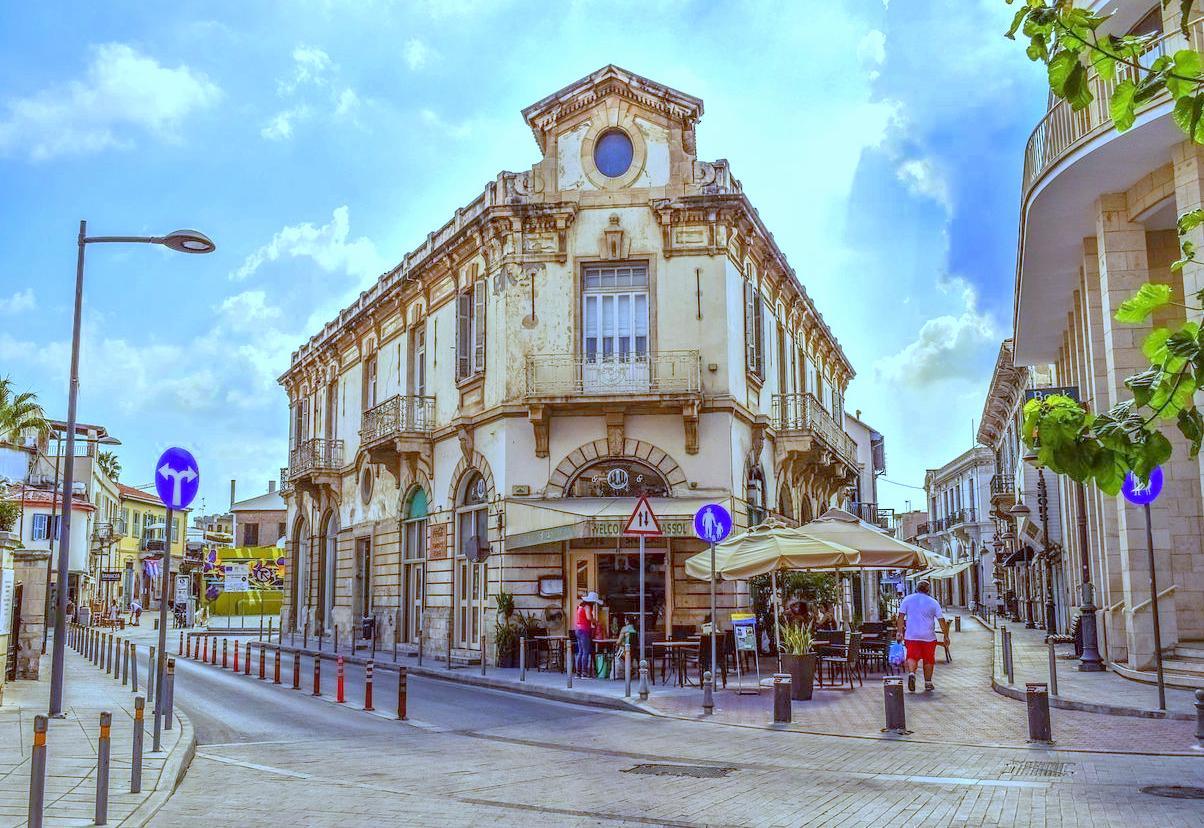
Cyprus is among the largest sea carriers and is actively using alternative energy sources. The country's rich history, abundance of architectural monuments and picturesque resorts attract millions of tourists, which positively affects the development of the economy as a whole. Unhurried and sociable locals try to enjoy every moment of life. The overwhelming majority speaks fluent English and are friendly to foreigners. Tasty and healthy national cuisine and a variety of marine entertainment made Cyprus one of the best places for an unforgettable vacation.
Advantages:
- comfortable conditions for business
- high level of security
- developed resort infrastructure and road network
- quality education and medical services
- more than 80% of sunny days a year, healthy ecology
Disadvantages:
- long time to resolve administrative issues
- public transportation network under development
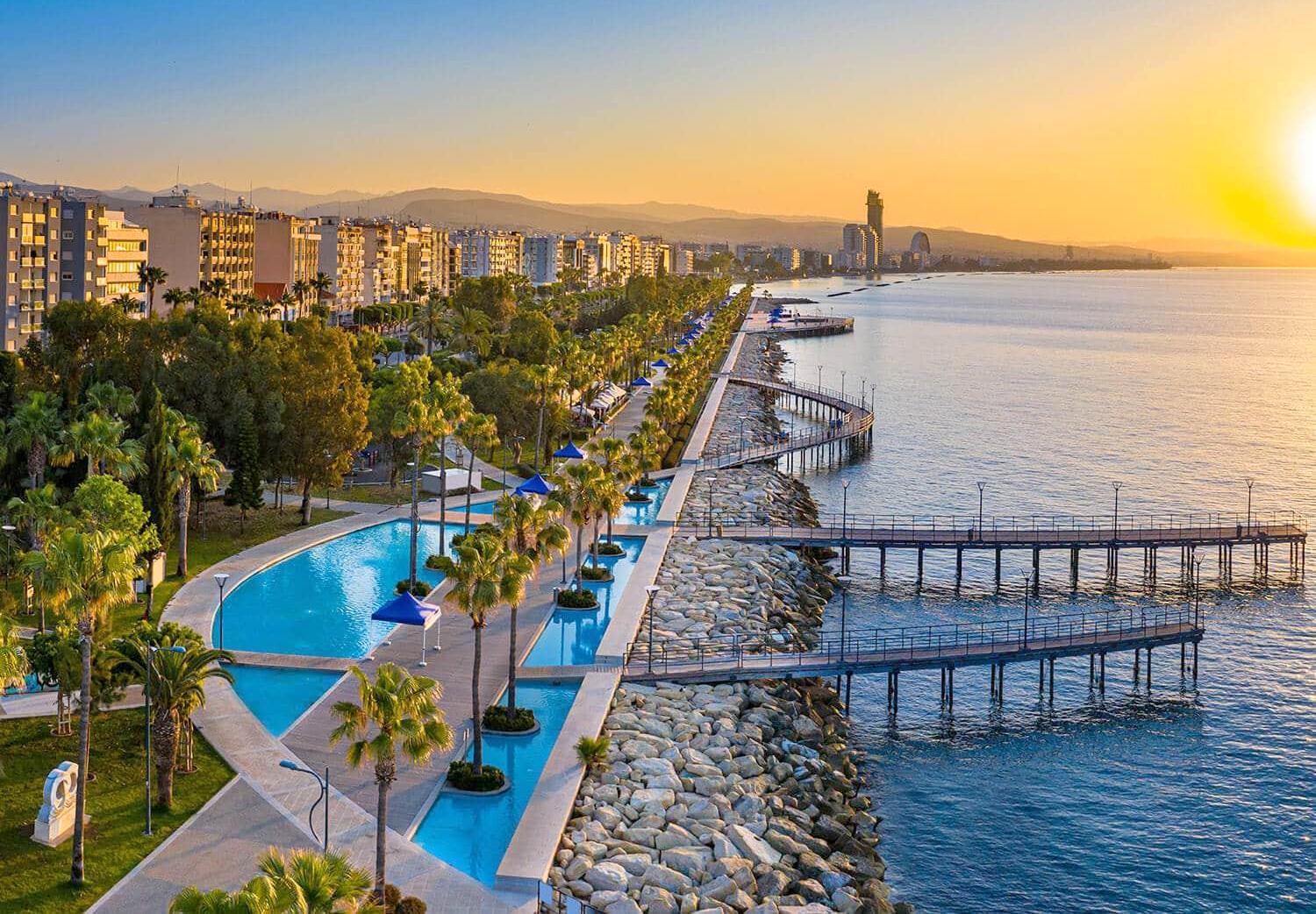
Bulgaria
Average cost of 1 m2 of living space: in the center of the capital - 2.5 thousand euros, in other areas - 1.6 thousand euros. The average cost of renting an apartment (1 bedroom) per month: in the center of the capital - 470 euros, in other areas - 350 euros.
The country is located in the east of the Balkan Peninsula and is one of the "closest" for residents of the post-Soviet republics. Taking into account the geographical position, a lot of traffic flows through Bulgaria, and the sphere of transportation is among the priorities. The lion's share of the state budget is contributed by tourism, besides, comfortable recreation in the country is provided all year round.
In summer, the Black Sea resorts are popular among the residents of all Europe due to the optimal price/quality ratio. In the off-season, those wishing to improve their health can visit mineral water springs, and winter recreation lovers are welcomed by ski centers, the infrastructure of which meets world standards. Bulgaria has highly developed agriculture and winemaking, and in terms of production of rose oil used in the perfume industry, it ranks first in the world. Bulgaria ranks last in the European Union in terms of labor remuneration and tax collections. The cost of food basket and household services here is also low.
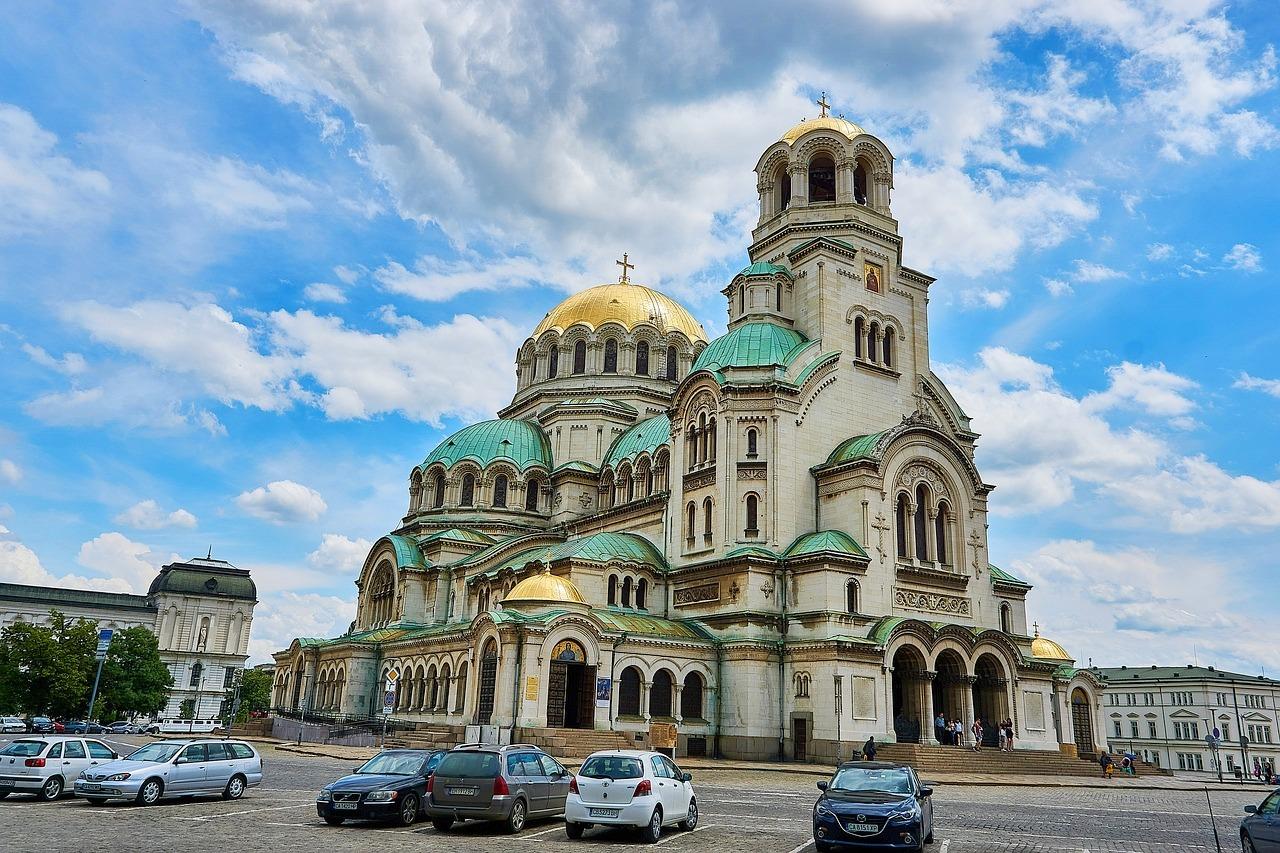
Most locals are open and friendly. The generation of 40-year-olds and older have a good command of Russian, so there are no difficulties in communication. During its centuries-long history, the three Bulgarian kingdoms, whose successor became modern Bulgaria, have multiplied and left a rich cultural heritage to their descendants. For reference, the central part of the town of Nessebar is included in the UNESCO heritage list. Local cuisine can satisfy the appetite of the most demanding gourmet. Bulgarians favor dishes made of meat, potatoes and fresh vegetables. Unlike other nations, the inhabitants of the country express their agreement or disagreement in reverse: in case of approval they shake their heads sideways, and in case of objection - slightly throw it back.
Advantages:
- inexpensive and high-quality food
- convenient geographical location
- comfortable climate, variety of natural zones
- effective social support for people of retirement age
- living on the coast is attractive from the point of view of ecology
Disadvantages:
- high unemployment rate for the EU
- the quality of road surfaces does not meet standards everywhere
- sluggish political crisis
- street theft is a pressing problem
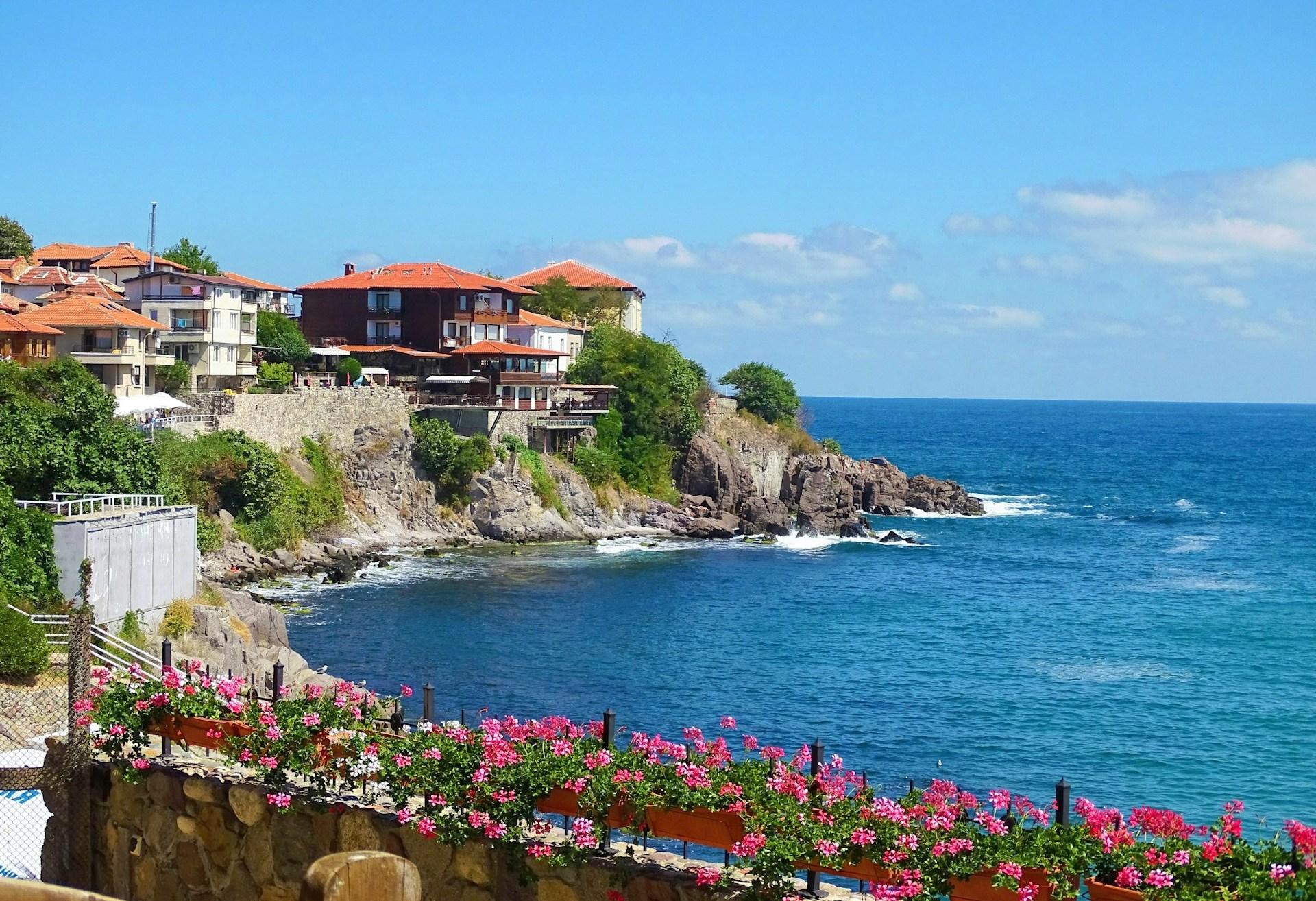
Latvia
Average cost of 1 m2 of living space: in the center of the capital - 2.4 thousand euros, in other districts - 1.55 thousand euros. The average cost of renting an apartment (1 bedroom) per month: in the center of the capital - 480 euros, in other areas - 300 euros.
Latvia is located in the north-east of Europe and is one of the three Baltic States. In the Soviet years it was one of the most industrially developed regions, but after independence most of the production facilities closed down. Today the country's economy is developing steadily, and its main industries are woodworking, light industry and agriculture.
The Republic traditionally exports amber, beer and marine products. Latvia is very environmentally and nature friendly, and most of its territory is covered with forests. On the coast of the Gulf of Riga is the famous resort of Jurmala. It has retained the status of an elite place of residence, but stopped being a venue for international festivals and competitions under the patronage of Russian show business almost 10 years ago. By EU standards, the country has a low cost of the consumer basket, but the level of salaries is relatively low. This is also the reason for the demographic crisis in Latvia: local young people prefer to study and earn money in Western countries. The capital of the republic - Riga is known as a regional cultural center with a large number of historical monuments, and the Old Town is fully inscribed in the UNESCO heritage list. One of the original buildings, consisting of a number of hangars, is the Central Market, where airships were stored at the beginning of the last century.
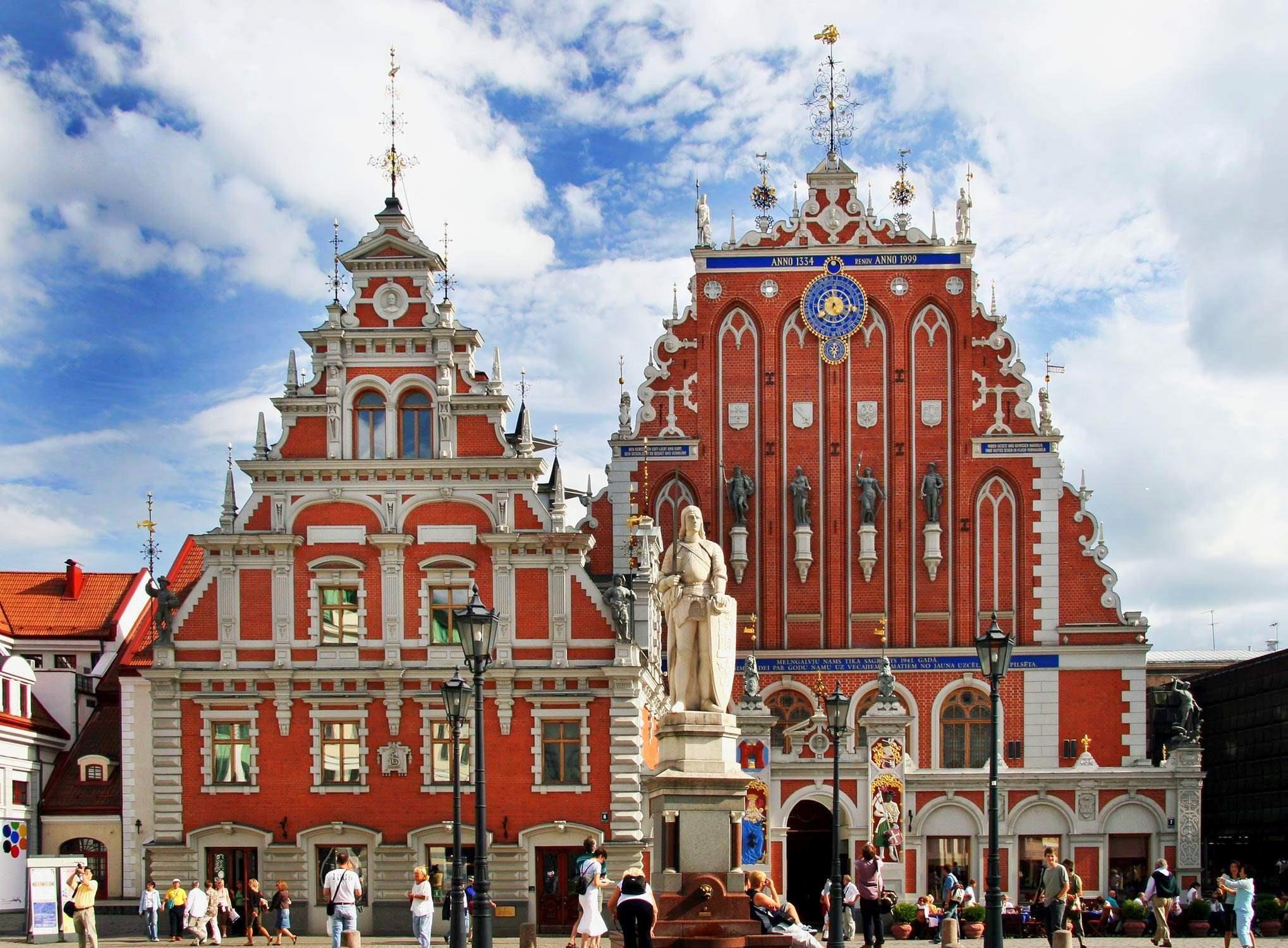
Riga is also famous for its variety of variety shows, bars and restaurants to suit every taste. The main products of the national cuisine are meat and fish, as well as traditional beans and peas. Latvia is one of the five countries with the fastest internet and local women are the tallest in the world (men rank 4th). The Republic is the birthplace of Jacob Davis, the inventor of denim fabric, which is massively used in jeans and other clothing items. According to local legends, the real character Baron Munchausen spent most of his life in Latvia.
Advantages:
- high level of culture of the local population
- tasty and high-quality food
- care about ecology, beautiful nature
- ease of organizing and doing business
- high degree of security of life
Disadvantages:
- changeable weather. humid climate
- limited employment opportunities
- outdated transportation infrastructure
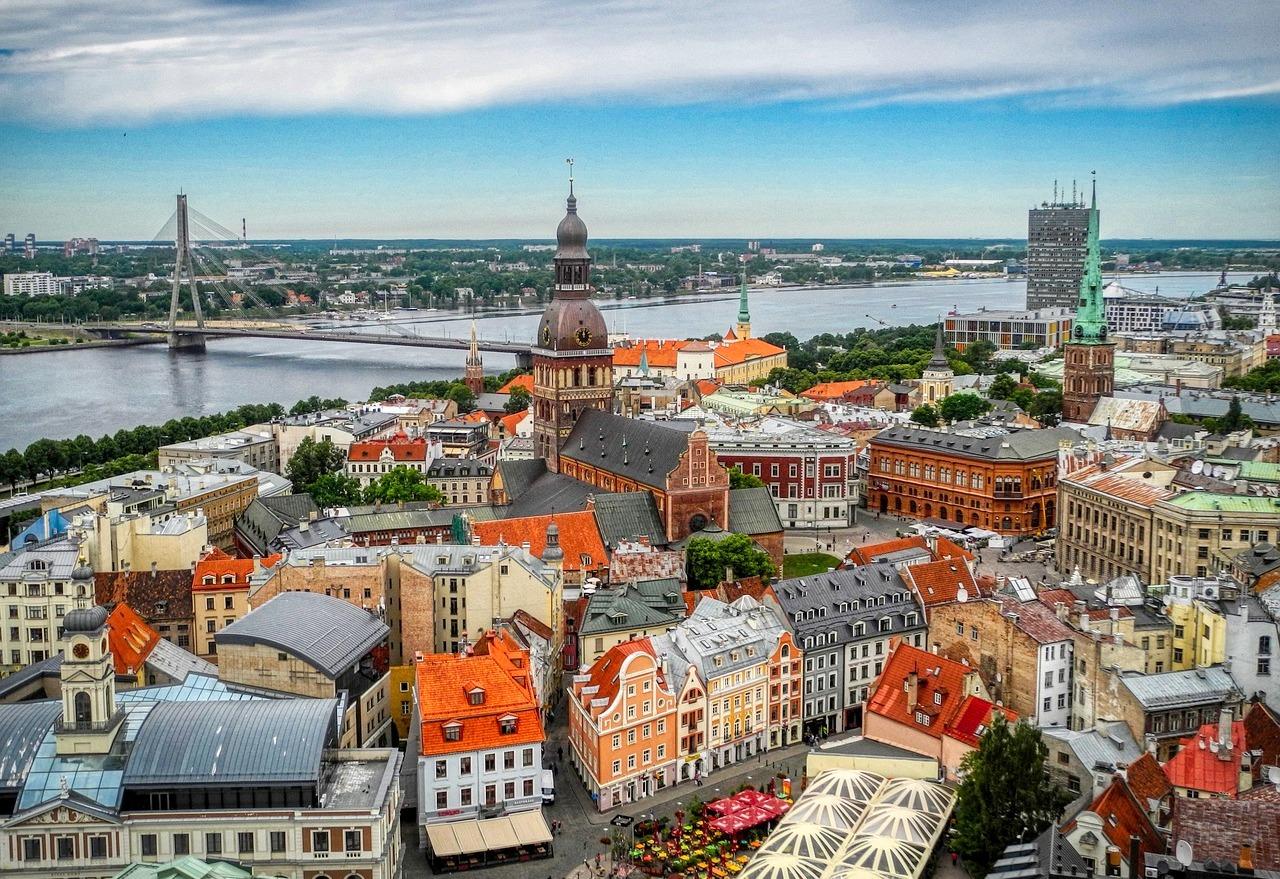
Read also:
- GESY: General Health Care System in Cyprus
- Financing options for household photovoltaic systems
- Art Square: A Unique Project in the Heart of Limassol
- Real Estate Market in Protaras: Overview of Prospects and Opportunities
- Pros and cons of living in Nicosia
- The Use of Artificial Intelligence in the Work of Designers and Architects in Cyprus


